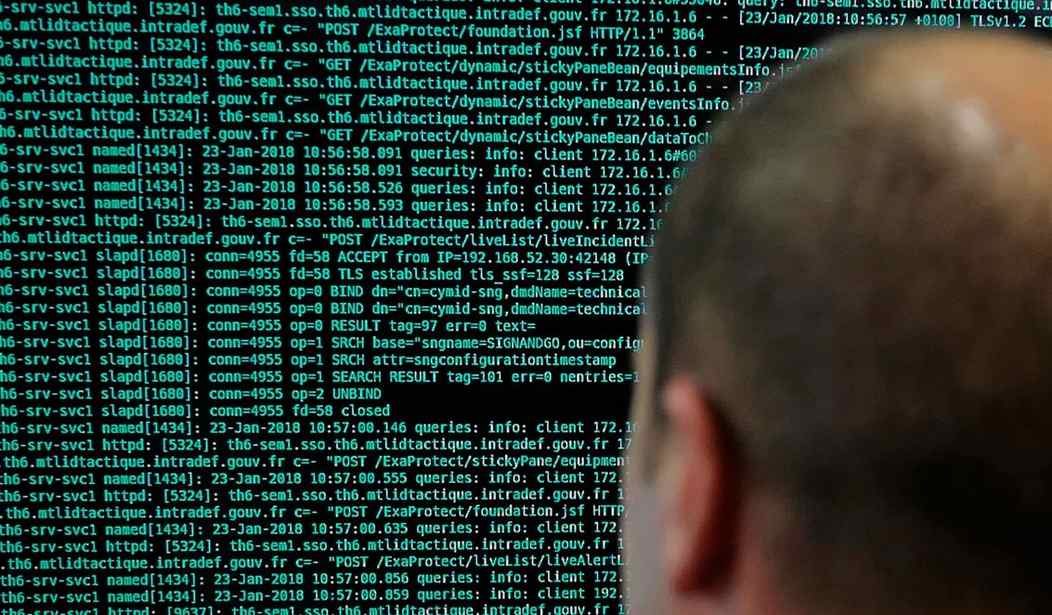During the period when social media was increasingly putting pressure on legacy media outlets, driving down their profits, a phrase crept into the national lexicon. “Learn to code.” While it was no doubt said in a derisive or at least humorous fashion by most, it carried an underlying assumption that most people accepted. Perhaps you should learn to code. That’s where the jobs of the future would be. But the period when that will be true may turn out to have a much shorter lifespan than anticipated. The rise of Artificial Intelligence and chatbot apps is already automating the work of developing code and some coders are already losing their jobs. The CEO of one emerging AI company made a “provocative prediction” this week, saying that in five years’ time “there will be no programmers.” (Decrypt)
Emad Mostaque, founder and CEO of Stability AI, has a provocative prediction as artificial intelligence (AI) increasingly transforms our world: “There will be no programmers in five years.” Indeed, the futuristic CEO seems to envision a near-future shaped by the capabilities of AI.
Mostaque talked about the current status of the AI industry and his vision in an interview with Peter H. Diamandis for the Moonshots and Mindsets Podcast. And that vision, he said, can only go peer forward as far as five years.
The future doesn’t look too bright for human coders, Mostaque concluded—and there is some evidence to back his argument.
Mostaque’s warning very likely isn’t just hyperbole or some marketing angle. One recent study showed that more than 40% of all code being developed today is being written entirely or at least in part by AI. That number is only expected to increase. If you can have a machine do most of your coding for you, why bother paying a bunch of humans who demand to be paid, receive benefits, and occasionally go on strike?
According to the Wall Street Journal, the process has already begun. An increasing number of tech companies have already begun shifting programmers to other duties or pushing them out the door entirely.
Want to know if artificial intelligence is going to eliminate millions of jobs? The first place to look is the industry that birthed the technology.
AI seems set to do to computer programming—and possibly other kinds of so-called knowledge work—what automation has done to other jobs, from the factory floor and the warehouse, to the checkout aisle and the call center. In those industries, the end result of widespread automation has been the elimination of countless roles—and their replacement with ones that require either relatively little skill and knowledge, or a great deal more, with workers at either end of this spectrum being rewarded accordingly.
In other words, software is eating the software industry.
Nobody should be snickering at the programmers over the irony of their industry being decimated by something of its own creation. Other jobs across the “knowledge work” industry are being eliminated. And as AI is increasingly incorporated into robotics, many other types of jobs will almost certainly follow.
That may work out for a while in terms of corporate profits, but as we’ve discussed here previously, the long-term prospects don’t look good at all. You can unleash your new AI and tell it to start writing code for you to produce a specific function and it will do so. It might even do a great job and finish it more quickly than a human coder could. But that’s all it will ever do. It will never be innovative and come up with something better. It is simply copying the work of the humans that came before it.
You can ask ChatGPT to write you a song on any subject you like and it will quickly comply. But it’s never going to produce a stirring piece of truly original music. It’s just stitching together the lyrics of people. If AI fully takes over either programming or music, both of those activities will stagnate. So perhaps there won’t be giant robots coming to throw you into labor camps. But if they put everyone out of work, the effect won’t be much different.








Join the conversation as a VIP Member